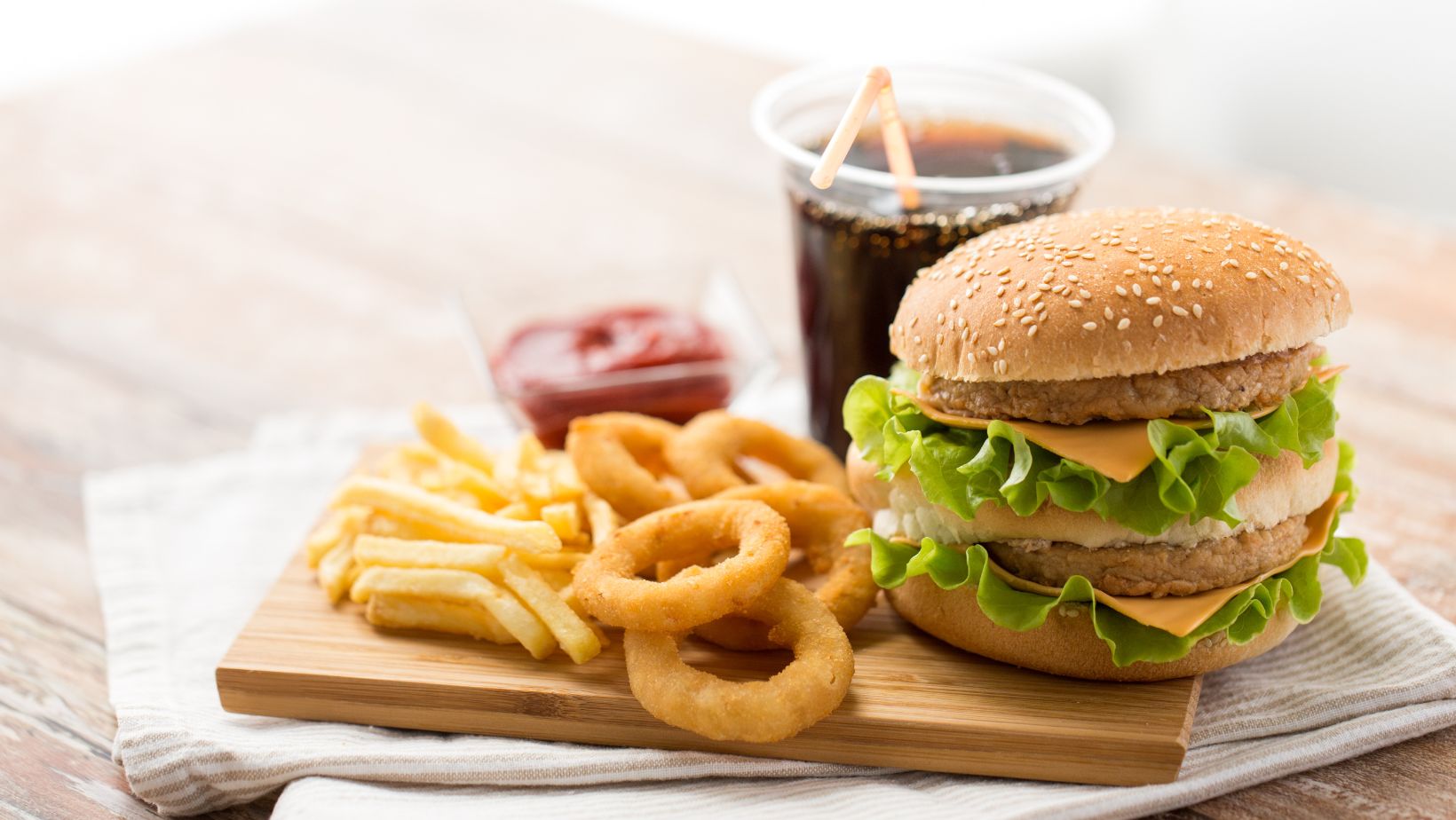
Avoid These Foods During Alcohol Detox: A Guide for Healing
Detoxing from alcohol is a powerful first step toward physical and emotional healing. As your body clears the toxins and begins to repair itself, nutrition plays a vital role. But just as there are foods that nourish and support recovery, some foods can slow down your detox process or make symptoms worse.
During this sensitive time, knowing what to avoid is just as important as knowing what to eat. This guide explores the foods you should skip during alcohol detox and offers tips on how to build a healing meal plan that supports your journey to sobriety.
Why Diet Matters in Alcohol Detox
When someone stops drinking after prolonged use, the body experiences withdrawal. These symptoms can range from mild to severe and often include anxiety, shakiness, fatigue, and digestive upset.
Alcohol affects nearly every organ in the body, especially the liver, digestive tract, brain, and nervous system. A poor diet during detox can:
- Worsen withdrawal symptoms
- Interfere with liver healing
- Spike blood sugar and mood swings
- Delay nutritional recovery
According to the National Institute on Alcohol Abuse and Alcoholism (NIAAA), chronic alcohol use can lead to deficiencies in vitamin B1 (thiamine), B6, folate, and magnesium, making nutritional balance a key factor in recovery success.
1. Sugar and Sugary Snacks
Why to avoid:
When detoxing, your body craves stability. Sugar can cause spikes and crashes in blood glucose, mimicking the highs and lows of alcohol use. This can intensify mood swings, irritability, and fatigue.
High sugar intake also increases inflammation, which your body is already trying to reduce during detox.
Common culprits:
- Soda and energy drinks
- Candy, pastries, cookies
- Sugary breakfast cereals
- Syrups and sweetened sauces
What to choose instead:
Natural sugars from fruits like berries, bananas, and apples offer gentle energy, plus fiber and antioxidants.
2. Caffeine and Energy Drinks
Why to avoid:
Caffeine may seem like a helpful pick-me-up when fatigue hits, but it can worsen anxiety, insomnia, and dehydration—common symptoms during alcohol detox.
Energy drinks are even riskier. They often contain high doses of caffeine plus artificial stimulants, which can overstimulate the nervous system already in recovery.
A study published in Frontiers in Psychiatry (2019) highlights that excessive caffeine intake may trigger withdrawal-like symptoms in recovering individuals, especially during early detox.
Better alternatives:
- Herbal teas like chamomile, peppermint, or ginger
- Decaffeinated green tea for antioxidant support
- Warm lemon water or electrolyte-rich coconut water
3. Processed and Packaged Foods
Why to avoid:
Processed foods are often high in sodium, trans fats, preservatives, and artificial flavors, which tax the liver—the very organ working hardest during detox.
Your liver needs clean, whole food to repair itself. Artificial additives only add to its workload.
Common processed foods to limit:
- Instant noodles and boxed meals
- Deli meats and sausages
- Fast food and fried snacks
- Chips and microwave meals
Nourishing swaps:
Try fresh meals with whole grains, lean proteins, and vegetables. Even simple dishes like a lentil soup or roasted sweet potatoes can make a big difference.
4. Refined Carbohydrates
Why to avoid:
White bread, white rice, and other refined carbs quickly convert to sugar in the bloodstream. They can increase cravings and mess with blood sugar regulation.
These foods offer little nutritional value and can leave you feeling hungry and tired soon after eating.
Watch out for:
- White flour products (bread, pasta, crackers)
- Baked goods with enriched flours
- Most store-bought pizza or sandwich buns
Better options:
Whole grains like brown rice, quinoa, oats, and whole wheat pasta offer fiber, B vitamins, and steady energy.
5. Spicy and Greasy Foods
Why to avoid:
Detox can irritate your stomach and digestive system. Greasy, spicy meals increase inflammation and often lead to indigestion, nausea, or heartburn—especially when the liver and pancreas are still healing.
Examples include:
- Fried chicken, bacon, fast food burgers
- Heavy curries or pepper-laden dishes
- Creamy sauces and dips made with oils
Gentle alternatives:
Stick to steamed, grilled, or baked foods with light seasoning. Use herbs like basil, parsley, or turmeric to add flavor without overloading your gut.
6. Artificial Sweeteners and Additives
Why to avoid:
Detoxification is about helping your body reset. Artificial sweeteners like aspartame, sucralose, and saccharin may confuse your metabolism and alter gut bacteria, which is already vulnerable during alcohol recovery.
Additives to watch out for:
- MSG
- Food dyes
- Preservatives like BHA or sodium nitrate
Research in Current Gastroenterology Reports (2018) notes that artificial sweeteners can negatively impact gut microbiota, which is closely linked to mood and brain health.
Natural swaps:
Use stevia or honey in moderation, or better yet, retrain your taste buds to enjoy less sweetness over time.
7. High-Sodium Foods
Why to avoid:
Sodium causes water retention and increases blood pressure—problems that detoxing bodies may already be struggling with. It can also worsen bloating and fatigue.
Hidden salt sources include:
- Canned soups
- Store-bought sauces
- Pickles and cured meats
- Chips and snack mixes
What to do:
Cook fresh meals at home where you control the salt. Season with lemon, herbs, and garlic for flavor.
Supporting the Healing Process with Mindful Eating
Beyond avoiding harmful foods, mindful eating supports emotional and physical healing. During detox, try to:
- Eat smaller, frequent meals to stabilize blood sugar
- Drink plenty of water—at least 8–10 glasses per day
- Sit down for meals, chew slowly, and avoid distractions
- Track how different foods make you feel
Eating well isn’t about perfection—it’s about showing your body kindness and setting the stage for long-term recovery.
Final Thoughts
Your body works hard during alcohol detox. Give it the nourishment and space it needs to heal. By avoiding foods that burden the system, you create room for real healing to begin.
Start with simple changes. Swap soda for herbal tea. Trade white bread for oats. Say no to fast food, and yes to home-cooked comfort.
With each conscious bite, you’re not just feeding your body—you’re rebuilding your life.






